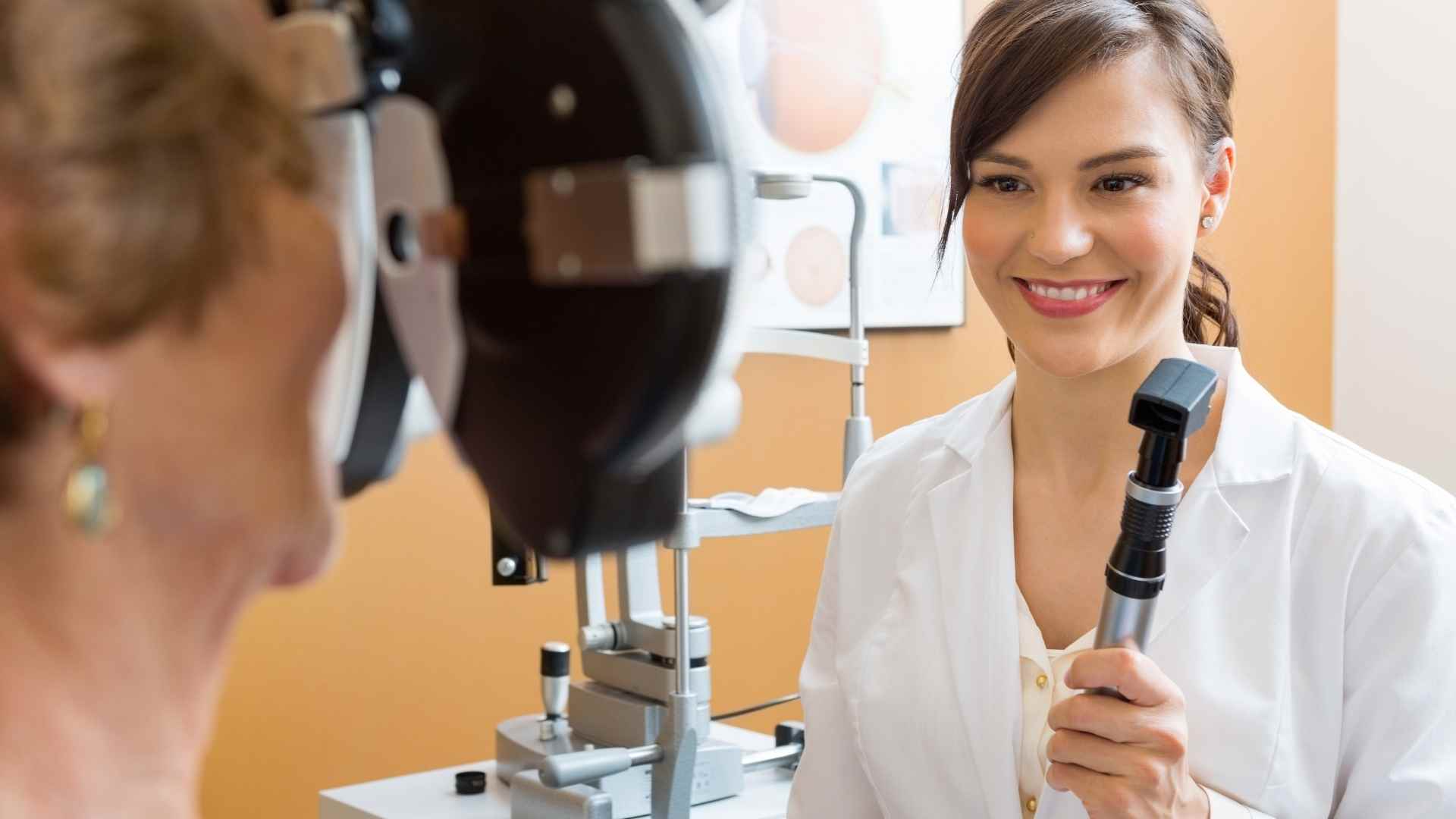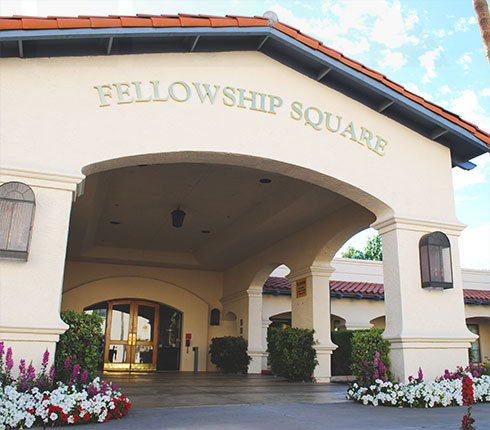Glaucoma Awareness and Prevention

As people age, their eyesight often changes. This is a result of many things, and some age-related vision loss is considered to be normal. However, there are some disease processes that can lead to vision loss and impairment. Glaucoma is something that seniors should be aware of as they age. Fellowship Square takes a deeper look at this condition, its symptoms, and how it can be prevented or delayed.
First thing’s first — what is glaucoma? The Mayo Clinic defines it as a “group of eye conditions that damage the optic nerve, the health of which is vital for good vision. This damage is often caused by abnormally high pressure in your eye.” Mayo also states that while glaucoma can happen at any age, is one of the leading causes of blindness in people over the age of 60.
One of the best ways to prevent damage from glaucoma is to maintain routine eye exams, regardless of whether vision loss is detected. Oftentimes, glaucoma is very gradual and does not have any warning symptoms. This means a senior might not notice any change in vision until the condition is already at an advanced stage, according to Mayo. It’s also important to note that glaucoma cannot be cured or reversed — another reason early detection is essential.
“Because vision loss due to glaucoma can’t be recovered, it’s important to have regular eye exams that include measurements of your eye pressure so a diagnosis can be made in its early stages and treated appropriately,” according to the site. “If glaucoma is recognized early, vision loss can be slowed or prevented.” Those that have the condition will likely need ongoing treatment.
Unfortunately, glaucoma numbers are rising. According to the National Eye Institute, more than 2.7 million Americans over age 40 have glaucoma, and that number is estimated to more than double by 2050. The organization recommends a comprehensive dilated eye exam, which allows the doctor to examine the back of the eye to look for signs of damage or problems due to glaucoma.
While glaucoma is caused by damage to the optic nerve, there are some people that are at higher risk to do family history, age (specifically those over age 60), and being extremely nearsighted or farsighted. Long-term use of certain medications, having eye injury, or certain types of eye surgery can also put people at risk. It’s important that seniors see their eye doctor on a routine basis, even if they don’t have any eye issues. If they notice any vision changes, make an appointment as soon as possible.

